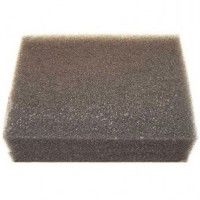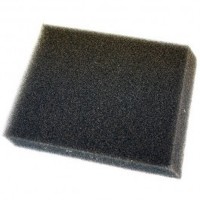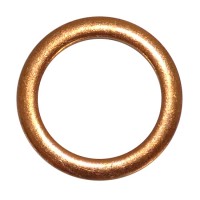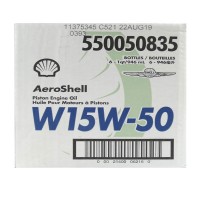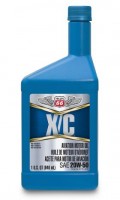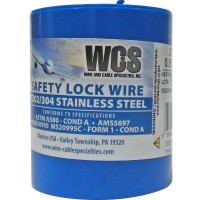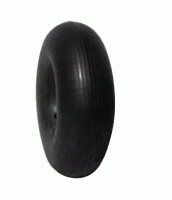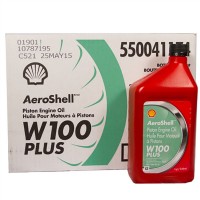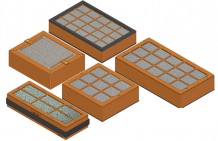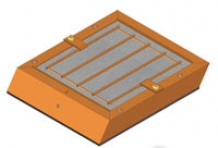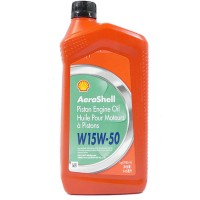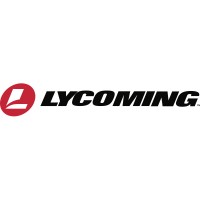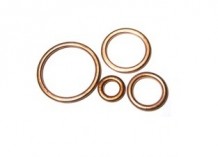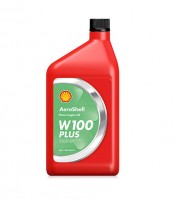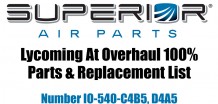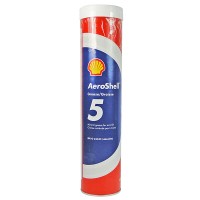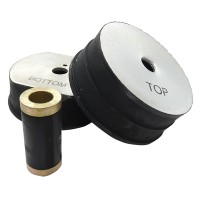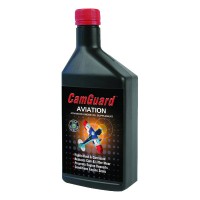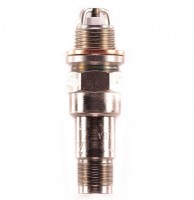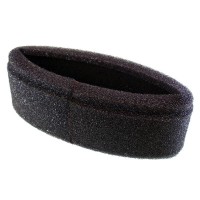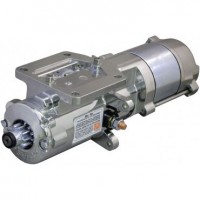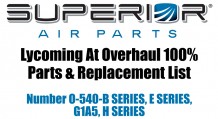Champion Spark Plugs - REM37BY
Overview
|
In the early 1900s, small planes flew with single ignition systems powered by adapted automobile engines using Champion-brand automotive spark plugs. By the 1920s, the company had developed innovative spark plugs designed specifically for the aviation industry.
Champion Aerospace designs and manufactures Champion-brand piston-engine ignition components for both OEM and aftermarket for general aviation aircraft applications. Every spark plug manufactured has built-in design advantages that assure longer life and greater reliability. NOTE: Spark plugs are shipped in factory sealed plastic cases. Opened spark plug cases make the spark plugs non-returnable. Please do not open any spark plug until you are sure you have received the correct spark plugs for your application. |
WARNING: Cancer and Reproductive Harm - www.P65Warnings.ca.gov. |
Specifications
| Plug Type | Thread Size | Reach | Shielding Thread | Standard Electrode | Plug Gap |
|---|---|---|---|---|---|
| REM37BY | 18mm | 1/2" / 1.27cm | 5/8"-24 | Twin Electrode | .016”-.021”/0.41-0.53mm |
Typical Spark Plug Number with Symbol Explanation
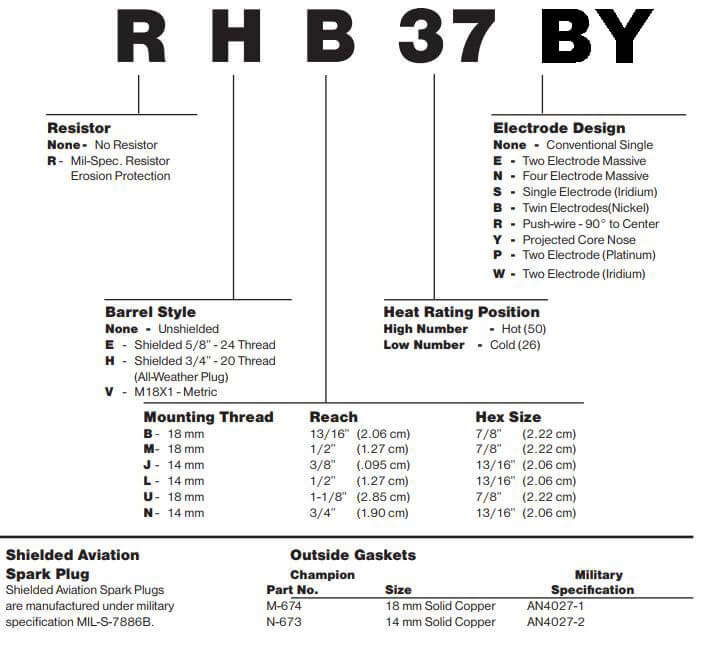
* Shielded barrel thread size. Check barrel size - 5/8x24 or 3/4x20 threads before ordering and select proper plug number, See page 236 for Sparkplug Application Table.
** The "Iridium S" sparkplugs replace the Platinum and "W" Iridium types. Increased bore diameter improves scavenging action. Greater clearance volume can accept more combustion deposits. Single Iridium electrode offers greater resistance to lead attack. Easy to clean Easy to gap
Documents
Videos
Reviews
Works as expected
Champion Spark Plug REM37By
Champion Spark Plug REM37By
Champion Spark Plug REM37By
I have been having problems with my older Lycoming engine fouling #1 bottom plug only 5 to 10 hours after being cleaned and regapped. Per Lycoming recommendation for this issue, I installed this plug and have not had the issue since.
Champion Spark Plug REM37By
Q&A
Please note, Aircraft Spruce's personnel are not certified aircraft mechanics and can only provide general support and ideas, which should not be relied upon or implemented in lieu of consulting an A&P or other qualified technician. Aircraft Spruce assumes no responsibility or liability for any issue or problem which may arise from any repair, modification or other work done from this knowledge base. Any product eligibility information provided here is based on general application guides and we recommend always referring to your specific aircraft parts manual, the parts manufacturer or consulting with a qualified mechanic.
Yes, each spark plug will contain one new copper gasket.
That depends on your specific engine. That information would be in your maintenance manual.


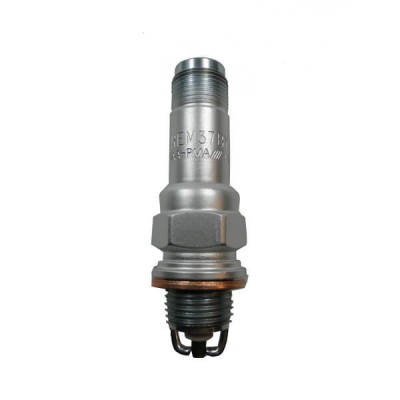
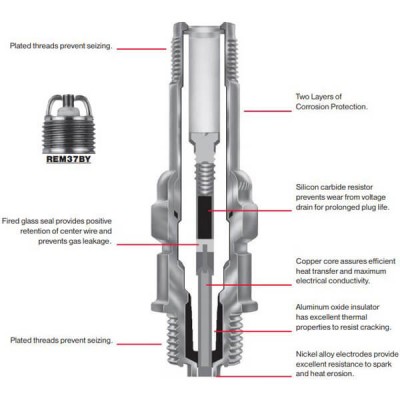







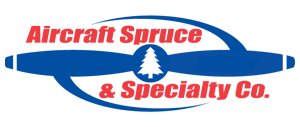 FREE Shipping
FREE Shipping

